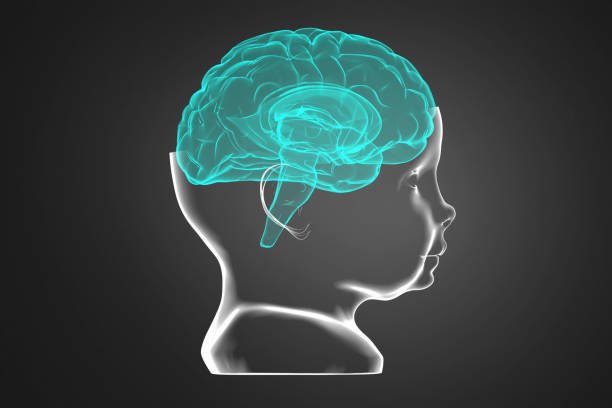In what way does the African perspective on human development differ from Erikson’s psychosocial theory?
Understanding human development is a complex undertaking that incorporates many perspectives. Two such viewpoints are the African perspective on human development and Erik Erikson’s psychosocial theory. The African perspective is embedded in communal values and cultural traditions, while Erikson’s theory is grounded in Western individualistic culture. Each viewpoint offers distinct insights into human development. This article will explore the key differences between these two perspectives.
Key Differences:
- While the African perspective emphasizes the role of community, spirituality, and ancestral wisdom in human development, Erikson’s theory focuses on the individual’s psychosocial conflicts and resolutions.
- The African perspective doesn’t delineate specific stages of development, viewing human development as a continuous process heavily influenced by communal values and cultural traditions. In contrast, Erikson’s theory presents a linear progression of developmental stages.
- The African perspective incorporates spiritual and ancestral wisdom into understanding human development, elements typically absent in Erikson’s theory.
While both African Perspectives and Psychosocial Theory perspectives offer valuable insights into human development, their cultural contexts and fundamental principles reflect vastly different understandings of what constitutes human growth and progress.
How African Perspective on Human Development Differ From Erikson’s Psychosocial Theory
The African Perspective on Human Development
The African perspective on human development primarily emphasizes communal values, interconnectedness, and collective responsibility. This perspective understands human development within the social context of African societies and emphasizes the integral role of community, spirituality, and ancestral wisdom in one’s development.
Ubuntu Philosophy
A key feature of the African perspective is the concept of Ubuntu, which can be loosely translated as “I am because we are.” This philosophy stresses the interconnectedness of all people, believing that an individual’s development is intrinsically linked to the wellbeing of their community. Unlike Western models, which stress individual development, the African perspective sees the community as fundamental to human growth.
Emphasis on Spirituality and Ancestral Wisdom
The African perspective also places high importance on spirituality and ancestral wisdom. These are seen as vital elements guiding an individual’s growth, shaping their moral compass, and imparting life lessons. Many African societies believe in a spiritual connection with ancestors and nature, which significantly impacts their understanding of human development.
Erikson’s Psychosocial Theory of Human Development
Erik Erikson’s psychosocial theory, on the other hand, sees human development as a series of stages, each characterized by a specific conflict that needs to be resolved. The successful resolution of these conflicts allows an individual to progress to the next stage.
The Stages of Development
Erikson’s theory includes eight stages of development, ranging from infancy to late adulthood. Each stage involves a crisis or conflict related to the individual’s interactions with their social and cultural environment. The stages address a wide range of psychosocial issues such as trust vs mistrust, autonomy vs shame and doubt, and intimacy vs isolation, among others.
Focus on Individuality
Erikson’s theory largely focuses on the individual and their personal development, as opposed to the African perspective, which prioritizes communal growth and interconnectedness. Erikson’s theory stresses the importance of individual autonomy, personal identity, and the impact of individual decisions on one’s development.
Key Differences
The primary difference between these two perspectives lies in their fundamental understanding of human development. The African perspective highlights the importance of community, interconnectedness, spirituality, and ancestral wisdom in human development. Conversely, Erikson’s theory focuses on the individual’s development within various stages and how personal conflicts and individual decisions affect this development.
In terms of structure, Erikson’s theory presents a linear progression of developmental stages, each with its specific conflict. However, the African perspective does not delineate specific stages of development. It views human development as a continuous process heavily influenced by communal values and cultural traditions.
Moreover, the importance given to spirituality and ancestral wisdom in the African perspective is typically absent in Erikson’s psychosocial theory. Erikson’s theory, instead, places a greater emphasis on psychosocial conflicts and the role of social interactions in human development.
In summary, while both perspectives offer valuable insights into human development, their cultural contexts and fundamental principles reflect vastly different understandings of what constitutes human growth and progress.






